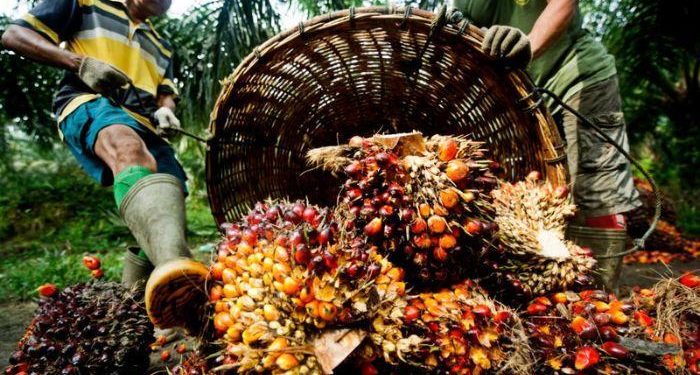The Roundtable on Sustainable Palm Oil (RSPO) has trained no fewer than 500 farmers, media professionals, government officials and members of civil society organisations and non-governmental organisations in Edo in sustainable palm oil production.
Mr Fatai Afolabi, Managing Consultant and Chief Executive Officer, Foremost Development Services Ltd., gave the figure on Tuesday in Benin in his address to round off the first stage of the training.
The training was on RSPO Principles and Criteria 2018.
Foremost Development Services Ltd. is an intermediary for RSPO.
According to Afolabi, 31 communities in six local government areas of the state have benefitted from the training.
The News Agency of Nigeria reports that RSPO is a global multi-stakeholder initiative on sustainable palm oil production.
It is organising a 14-month capacity building programme for stakeholders in the palm oil sub sector in Edo.
Afolabi listed the local governments which have benefitted from the capacity building to include Ikpoba Okha, Ovia Southwest, Ovia Northeast, Uhunmwonde, Owan West and Orhionmwon.
He said that more than 40 people drawn from civil society organisations, non-governmental organisations, media industry, and palm oil producing companies in the state had also benefitted.
He added that some officials of Edo Government had equally been trained.
He said that the second phase of the training to hold between September 2023 and February 2024 would be on Dispute Resolution/Grievance Mechanism.
According to him, the major objective of the programme is to ensure that palm oil is produced and traded in a manner that is environmentally sound, socially responsible and economically viable.
“The Edo Government under Edo State Oil Palm Programme has allocated about 65,000 hectares of land to nine oil palm investors who have been mandated to produce sustainable palm oil.
“It is estimated that no less than 100 communities will be involved in the production of sustainable palm oil,” he said.
In her remarks, Marie Nsegbe, the RSPO Assurance Manager (Africa), said that the capacity building was geared towards enhancing the capacity of stakeholders in the palm oil sub sector.
Nsegbe said there were more than 5,000 registered RSPO members across the globe.
The official said that of the number, only four were certified to be producing sustainable palm oil in Nigeria.
According to her, two of the four are in Edo while one is in Rivers and the other in Cross River.
Nsegbe urged oil producing companies yet to be RSPO-certified to do so to be able to gain more from the programme.






















